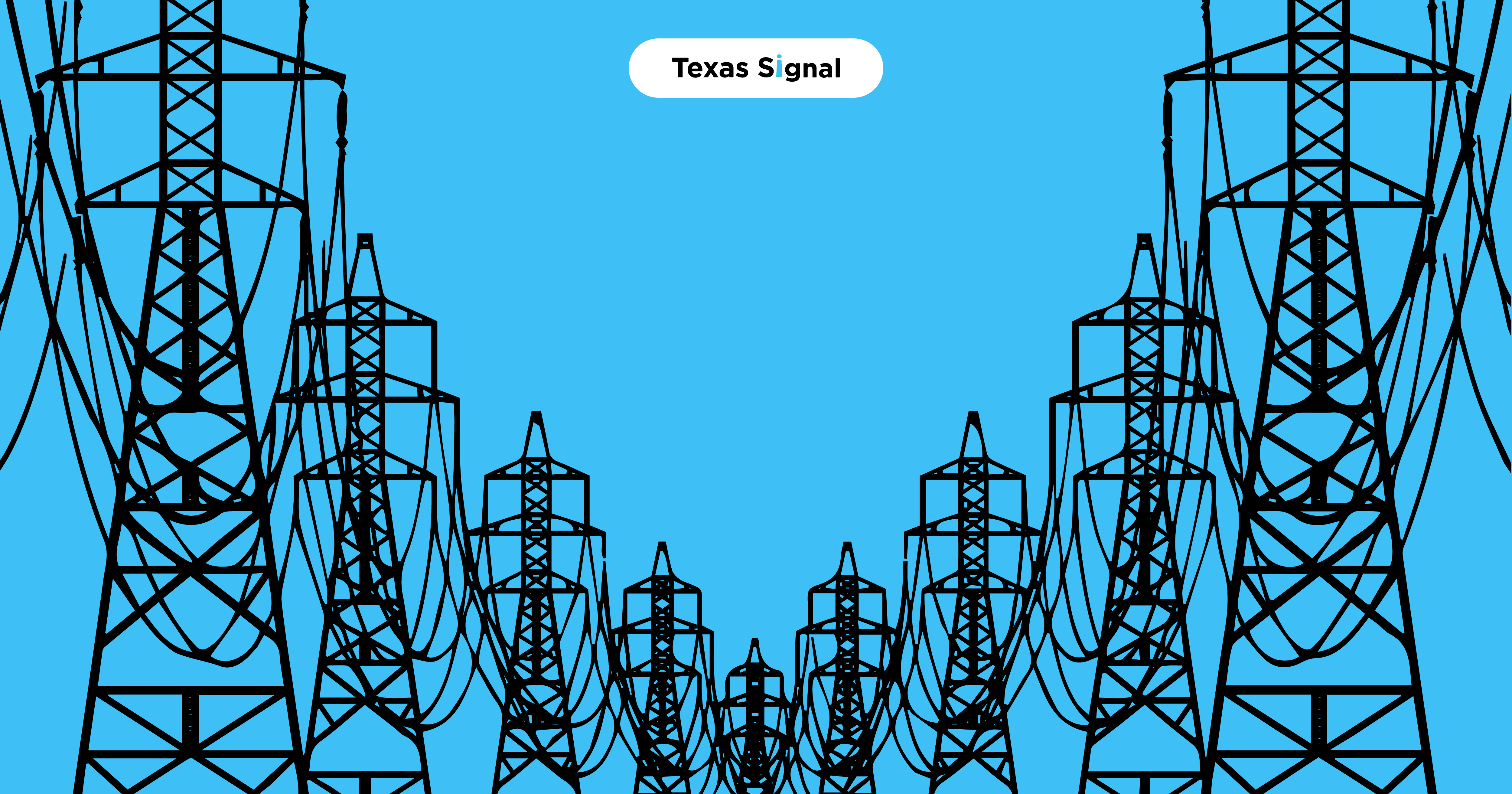On the evening of February 14, Mose Buchele stepped outside of his Austin home to take in the first wave of heavy snowfall that night. An energy and environment reporter for KUT (Austin’s NPR station), Buchele instinctively began recording a video of the experience — one that captures the carefree joy that many Texans felt as Winter Storm Uri first descended upon their neighborhoods. But amid the sound of snowflakes falling around him and his feet crunching the freshly packed powder, the recording also captures the journalist posing a question that would soon prove prophetic. “The big question for a lot of people right now is whether the electric grid’s gonna hold up,” he said before the clip ends.
The grid, of course, didn’t hold up in the days that followed. With temperatures dipping into the single digits across the state, more than 4.5 million Texans were left without power for upwards of five days straight. Many also lost access to water in their homes and apartments. Lines of people snaked around grocery stores whose supplies would soon run dry; hazardous roads remained packed with ice; those who dared get behind the wheel found plastic bags wrapped around gas pumps devoid of fuel. It was a humanitarian crisis that, while scarring, was also ensconced in confusion and controversy. And at the center of it was a simple question: How could this happen in Texas, the energy capital of America?
So, Buechele came together with his colleagues at the station to answer the numerous concerns left behind after the snow melted. The result? The Disconnect: Power, Politics, and the Texas Blackout, which has quickly become one of the most captivating podcasts on the airwaves since debuting on July 22.
From the outset, The Disconnect sets the stage by retelling the history of electricity in America before zooming in on Texas. Beyond explaining why it’s the only U.S. state with its own power grid, a gravely consequential decision that left its residents stranded on an energy island during Uri, the podcast breaks down a number of otherwise-murky aspects of how Texans get their power. ERCOT’s inner workings, the energy fallout from the everlasting Texas-California rivalry, Enron’s integral role in creating the big-money system that ultimately facilitated the grid’s failure — Buchele and his team cover it all. The result is a production that’s both informative and engaging despite the dense (and often dizzying) subject matter.
“As you listen to the episodes, especially the first two, you’ll find that they’re littered with historical recordings that we dug up on the subject from over the years. Those help contextualize the issue, but they also put you in the time and place when so much of the energy system as we know it was developed,” Buchele said in an interview with the Signal. “It’s fascinating, but it’s also frustrating. Listening to the Texas Legislature from more than two decades ago, where they’re debating what could happen if the grid were to fail… It just feels too on the nose. But there it was, right in front of us.”
Buchele’s sentiment strikes at a core finding within The Disconnect: Because Texas’ business-friendly grid was designed to prioritize efficiency — essentially, to carry as little backup energy as possible so as to maximize profits for the companies producing it — it was only a matter of time before the lights went out. The warning signs had been there for years.
That sense of inevitability looms in the background of the first two episodes, serving as foreshadowing of what listeners know comes next. But it wasn’t until yesterday’s release, “The Blackout,” that the podcast dove into the on-the-ground events of the five-day freeze. Drawing on intimate interviews with those hurt most by the storm and ensuing outages, the new episode paints a picture of desperation, loss, anguish, and helplessness. While heart-breaking to listen to, it’s also a necessary reminder of just how dire the circumstances were for millions of Texans during that time.
“Putting together the third episode, listening to these people bravely tell their stories — it’s been the hardest part of all of this. Those tapes are so painful to hear,” Buchele said. “It’s important to listen to them, to share their voices and experiences, knowing that there are countless others who have tales of their own from February. But it’s not always easy.”
And yet, the most difficult — if not the most angering — aspect of The Disconnect is knowing how little has been done to address the Texas grid in the five-plus months since. Much of this springs from how confusing and unapproachable the system is typically conveyed to everyday people, Buchele said. In that vein, he hopes the production (which will explore the Texas Legislature’s inaction on this issue in its coming episodes) will prove both informative and empowering for Texans. Especially with the threat of another blackout perpetually looming.
“More than anything else, I just hope people see that, whenever politicians, experts, or whoever tell you, ‘Hey, this stuff is just too complicated for you to understand. Let us handle it,’ that’s not the case. When it comes to the electrical grid we, the public, are the end users. We have the biggest stake of all in this,” he said. “This comes down to helping people realize that they can understand this, that they do deserve to have a voice. When you see what’s really going on, you can start to change it.”





